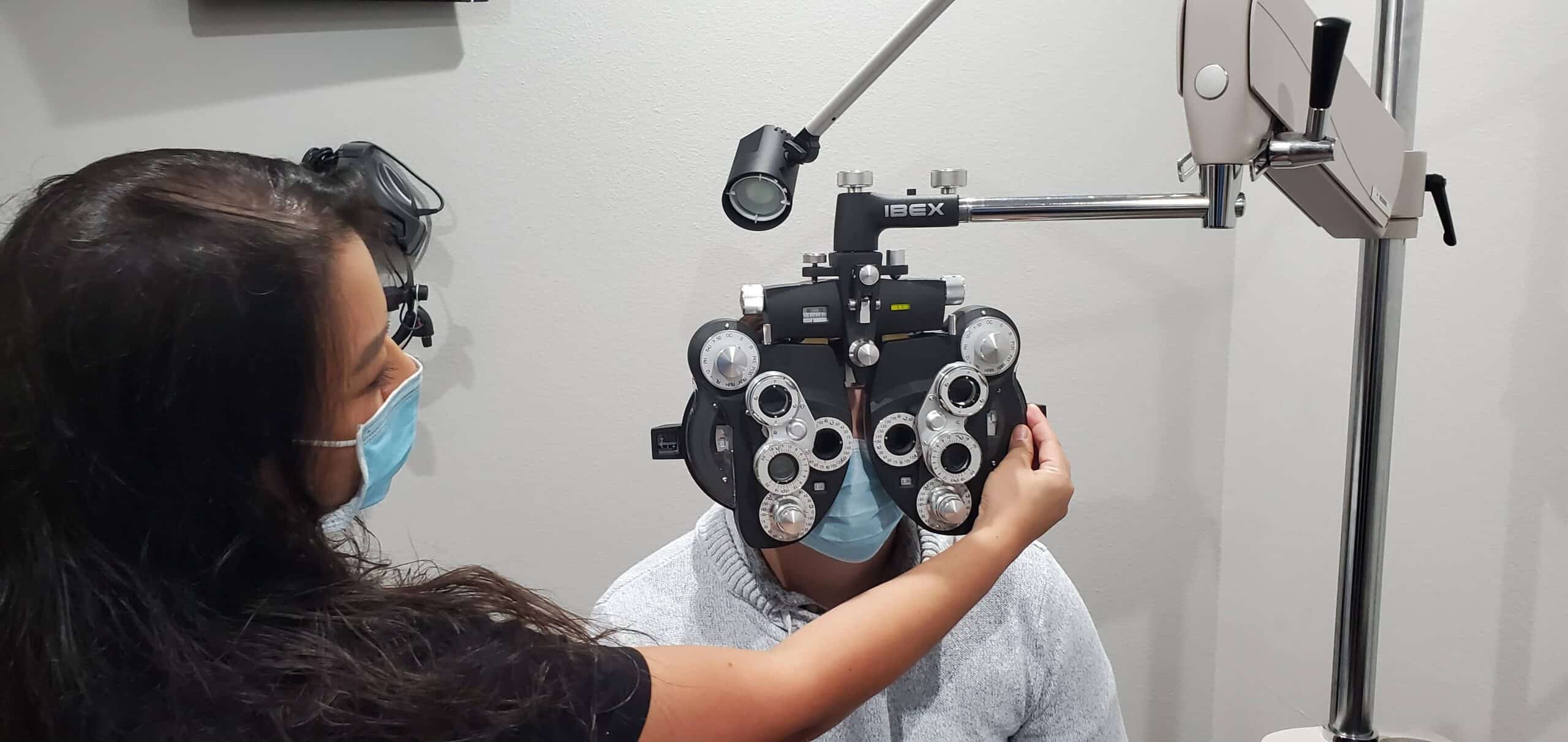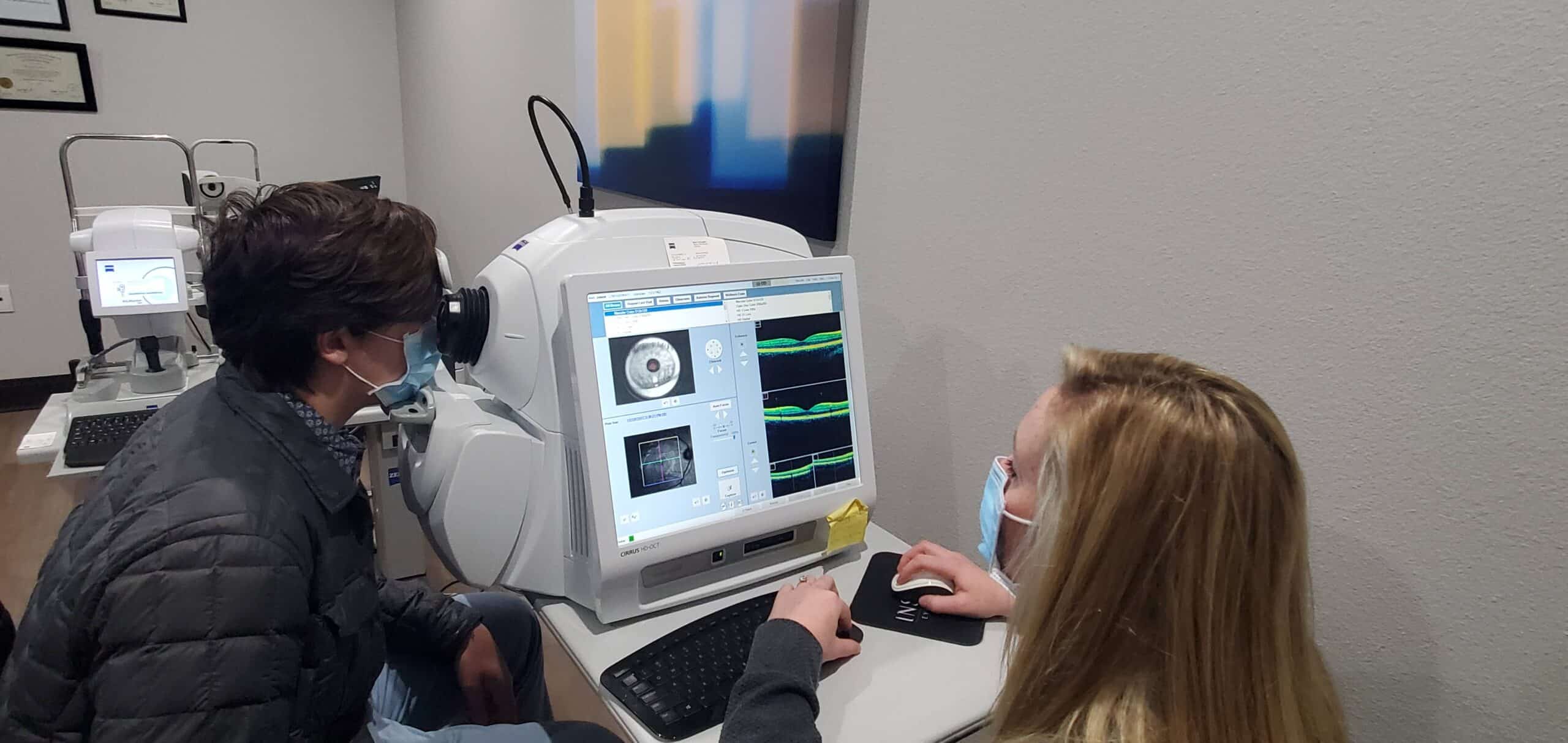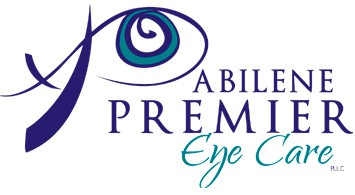
Eye Exams in Abilene, TX
An eye exam is a very important tool in eye health. Eye exams are used to detect and prevent eye diseases and evaluating the overall health of the patient. Diseases, such as glaucoma, develop gradually without symptoms of pain, so patients may not notice that anything is wrong until significant and irreversible damage has been done. Early detection of eye diseases allows for a choice of treatment options and a reduced risk of permanent damage.

Annual Eye Exam
Patients should see their doctor for an eye exam every year. Older adults are often at a higher risk for eye conditions such as glaucoma, macular degeneration and cataracts. Even if eyes are healthy, a regular eye exam will provide the physician with an ability to view the blood vessels of the eye. With information obtained during an examination of the eyes, physicians have been able to detect chronic conditions such as high cholesterol, diabetes and high blood pressure. The early detection of these conditions can lead to early treatment.
Vision Screening vs. Eye Exam
An eye exam is different from a vision screening. A vision screening only tests vision and is commonly performed by a school nurse, pediatrician or other health care provider. Only an eye doctor can perform an eye exam to evaluate the overall health of the eye and detect any changes that may indicate a vision disorder. During a routine eye exam, the doctor will evaluate the eyes for refractive errors, as well as common conditions such as:
- Amblyopia
- Presbyopia
- Strabismus
- Macular Degeneration
- Retinopathy
- Glaucoma
- Eye tracking
- Diabetic retinopathy
This is done through a series of eye tests that examine all aspects of the eye and may include:
- Visual field test
- Cover test
- Dilation
- Retinoscopy
- Glaucoma test
- Refraction
- Slit-lamp examination
Treatment Options After Your Eye Exam
After completing the eye exam and coming to an accurate diagnosis, the Opthalmologist will develop a treatment plan based on the findings of the exam. This treatment plan may include:
- Eyeglass prescription or contact lenses
- Medication
- Eye drops
- Vision supplements
- Surgery
